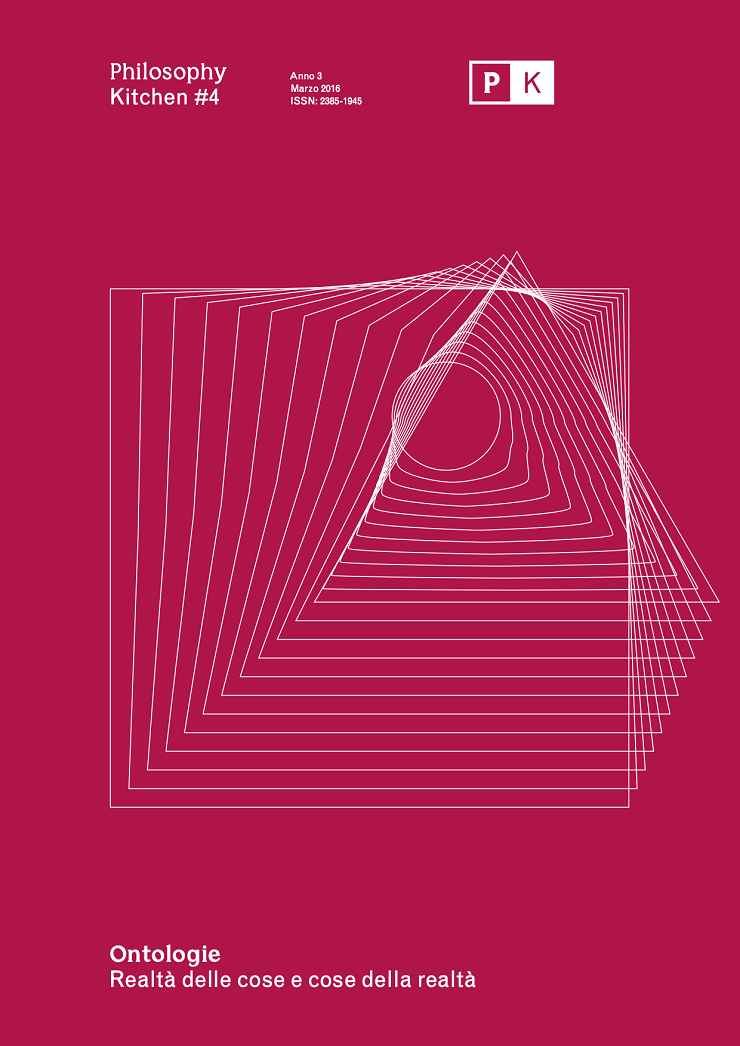Pseudo-Designations and Imaginary Entities in G. Ryle
DOI:
https://doi.org/10.13135/2385-1945/3822Abstract
This paper examines the analysis of inexistent entities offered by Ryle in his early essay Imaginary Objects (1933) and later more marginally in The Theory of Meaning (1957). For Ryle, as for most of the anglo-american philosophers of language in the Thirties, Russell’s Theory of Descriptions was the logical standard paradigm of analysis of proper names and descriptive singular expressions. In Imaginary Objects, its adoption is connected to an original elucidation of the act of imagining and the notion of “aboutness”, namely the sense in which can be said that a pseudo-designation (a description or proper name without reference) is about something.






